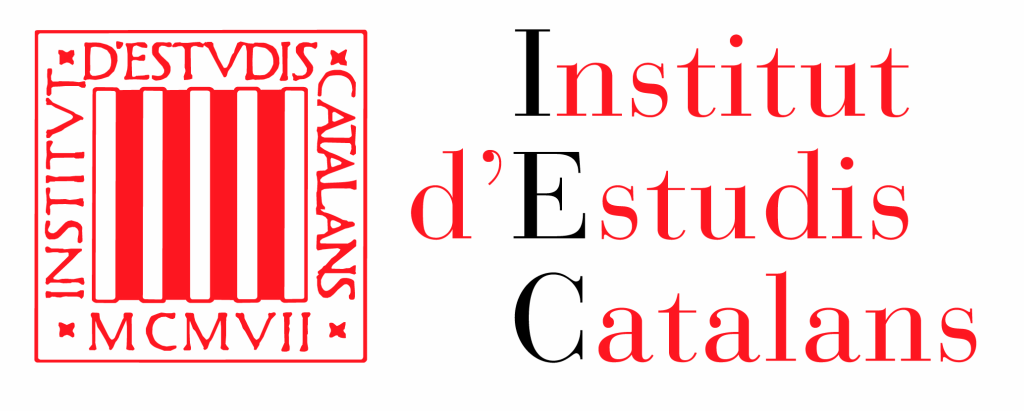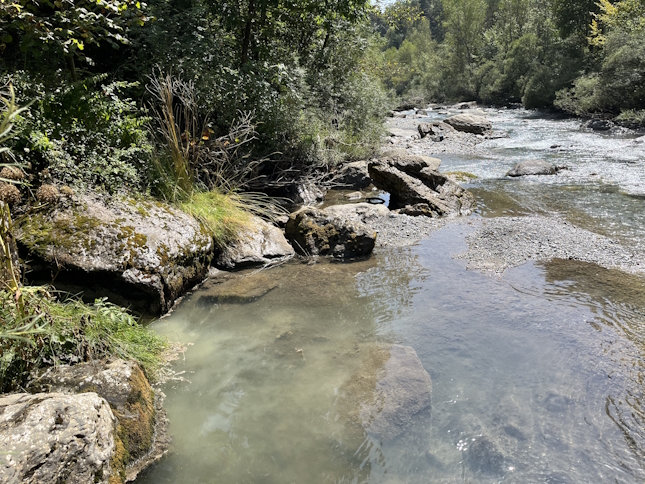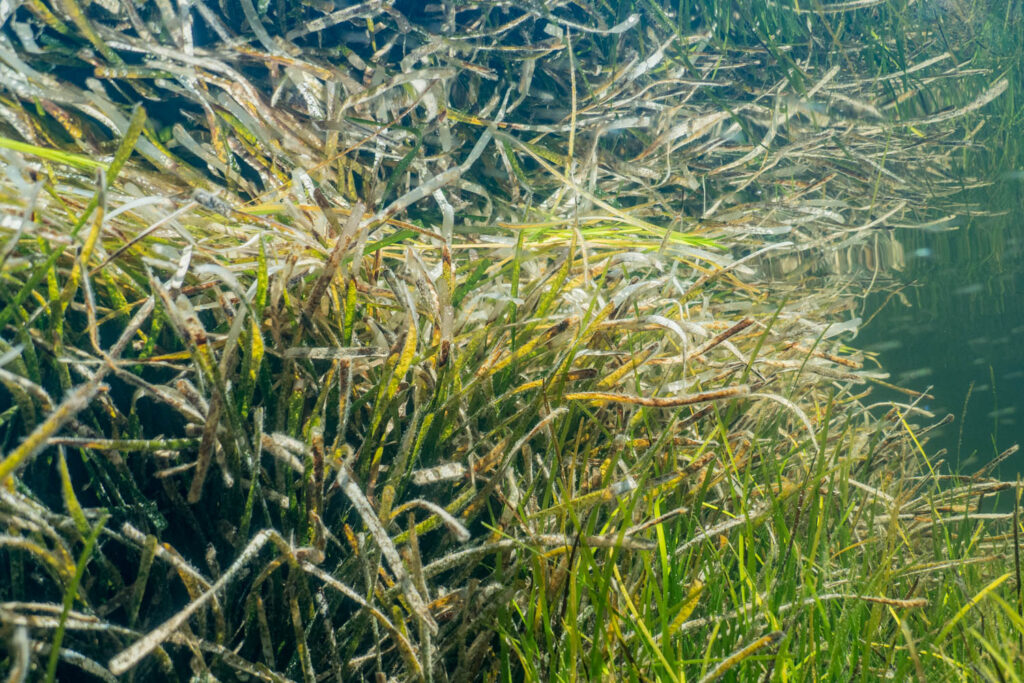The objective of this project is to assess the status of Perkinsosis in mussels cultivated in the Ebro Delta in order to understand its potential impact on the aquaculture sector in Catalonia.
Perkinsosis, caused by protist parasites of the genus Perkinsus, is the most significant emerging disease in mollusk aquaculture. Due to its invasive capacity and high virulence, it has been responsible for mass mortality events in bivalve species around the world.
This project focuses on evaluating the epidemiology (diversity, distribution, prevalence, infection intensity) of this disease. It will also examine how the microbiome affects disease progression in infected hosts, as recent observations indicate that disease development in animals is not only due to a single species, but rather to the interaction between the host and its symbionts.
In addition, managing Perkinsosis in bivalves poses an added challenge, as these bivalves have an immune system with limited defense mechanisms, based mainly on innate immune functions. Currently, there is no effective treatment to combat this disease, making surveillance and control plans crucial for its prevention.
This project aims to better understand the epidemiology of Perkinsosis in order to grasp its potential impact, develop effective surveillance protocols, monitoring programs for early detection, and implement management strategies to prevent its spread. All these objectives will help reduce economic losses in the aquaculture sector in Catalonia and protect the main mollusk production center in the Mediterranean: the estuarine bays of the Ebro Delta in Catalonia, where around 4,000 tons of mussels and oysters are cultivated each year.









